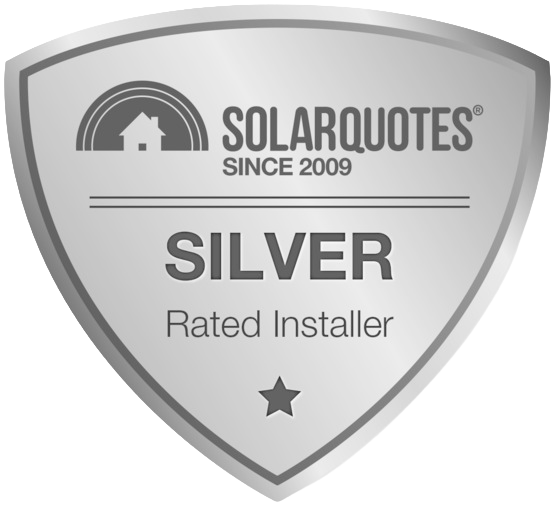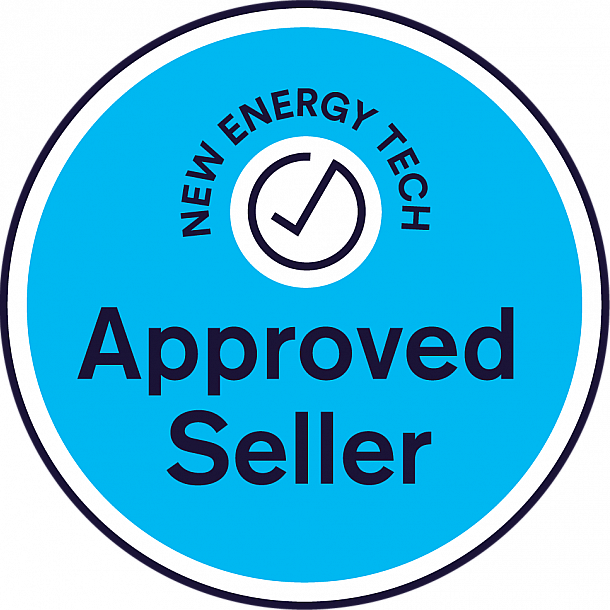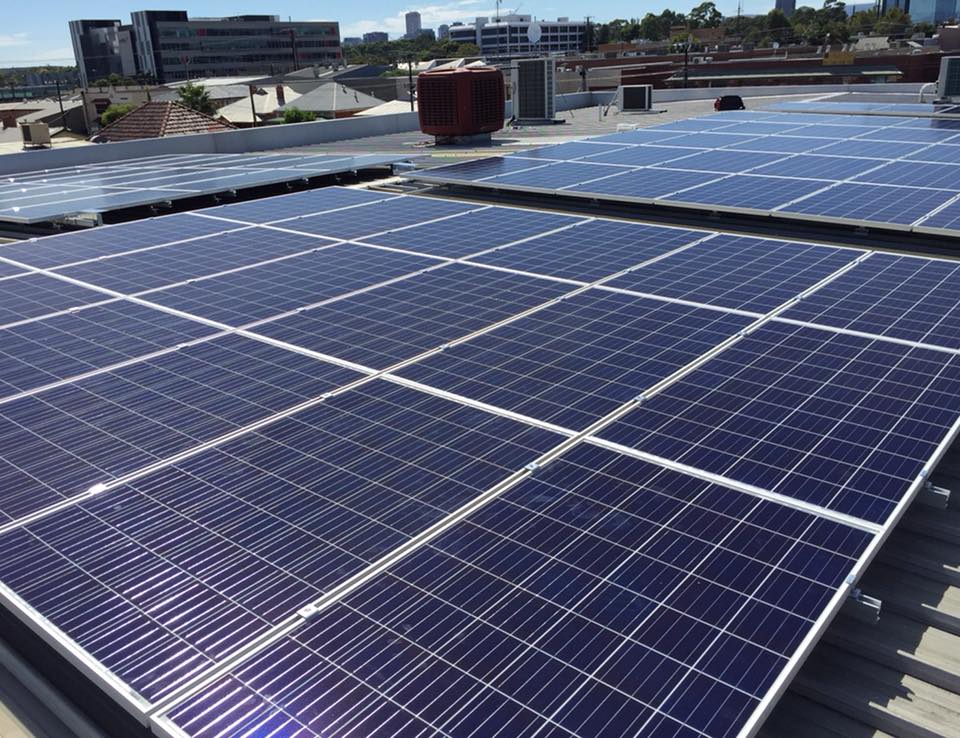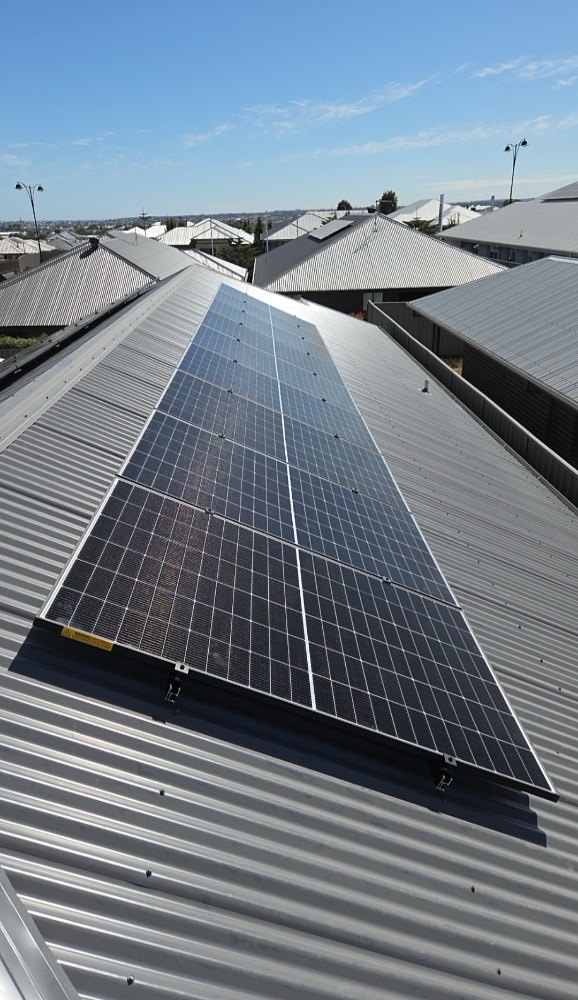Solar Adelaide
MDB Solar
South Australia's most trusted for solar
Innovation and sustainability in Adelaide's solar Landscape!
Get a free quote

Expertise and experience
MDB Solar stands out in Adelaide with its extensive experience and deep expertise in the solar industry. Our team of certified professionals is equipped with the knowledge and skills to handle all aspects of solar solutions, from installation to maintenance. This extensive expertise ensures that every project we undertake is executed with precision and excellence.
Broad range of services
Our services go beyond just installing solar panels. MDB Solar offers a comprehensive range of solar solutions, including repairs, maintenance, and upgrades. Whether you're a homeowner seeking residential solar solutions or a business looking for commercial solar systems, we have the capability to meet all your solar energy needs.
Speed and reliability
We understand the importance of time when it comes to solar installations and repairs. MDB Solar is committed to providing prompt and reliable services without compromising on quality. Our efficient processes and skilled team ensure that your solar systems are up and running in no time, providing you with quick and dependable solar solutions.
Commitment to quality
At MDB Solar, we prioritise quality in every service we provide. From high-grade solar panels to efficient inverters, we use only top-quality products. Our installation and maintenance services are carried out with meticulous attention to detail, ensuring that your solar systems deliver optimal performance and longevity.
Diverse clientele
MDB Solar's clientele spans across various sectors, showcasing our ability to tailor solutions for different needs. We've successfully catered to residential properties, commercial enterprises, and industrial setups, which speaks to our versatility and ability to adapt our solutions for any client.
Local understanding
Being based in Adelaide, MDB Solar has an in-depth understanding of the local climate, energy needs, and regulations. This local knowledge enables us to provide solar solutions that are perfectly suited to the Adelaide environment, ensuring maximum efficiency and cost savings for our customers.
Professional solar services with MDB Solar
Unlock the power of solar energy with MDB Solar's expert services. From installation to maintenance, trust our professional team for reliable and efficient solar solutions tailored to your needs.

Our solar services
Residential solar
MDB Solar specialises in customising solar solutions for homes in Adelaide and its surroundings.
Solar installations
Our certified team ensures seamless and professional solar installations.
Solar repairs
Our solar repair services address any issues swiftly and effectively, ensuring that your solar setup continues to operate at peak efficiency.
Solar inspections
MDB Solar offers comprehensive inspection services to identify and address any potential issues to ensure the longevity and performance of your solar investment.
Say goodbye to electric bills
Use solar energy for cost savings & peace of mind! Get Started Now - leave all your problems with us.
Solar maintenance
Our scheduled check-ups and maintenance ensure your solar system’s efficiency and durability, giving you peace of mind.
Solar rebates and financing
We assist our clients in navigating the often-complex world of government incentives and financing options available.
Solar servicing
MDB Solar’s servicing offers ongoing support and servicing to ensure your solar system continues to operate efficiently.
Complete solar systems
We offer various sizes and configurations, ensuring that each system is tailored to the unique energy requirements of our clients.
Solar panels
We offer a range of panels from top manufacturers, ensuring durability and high performance.
Solar batteries
MDB Solar provides advanced solar battery solutions to enhance energy independence.
Solar inverters
We offer various sizes and configurations, ensuring that each system is tailored to the unique energy requirements of our clients.
EV chargers
Our EV chargers are designed for both residential and commercial use, providing an efficient and convenient way to charge electric vehicles.

Our solar services
Elevate your energy independence with MDB Solar's comprehensive solar services. From initial consultation to flawless installation and ongoing maintenance, our expert team ensures seamless integration of solar solutions tailored to maximise efficiency and savings for your home or business.



.webp)
.webp)





























.webp)
.webp)
.webp)
.webp)

.webp)


.webp)











.webp)
.webp)